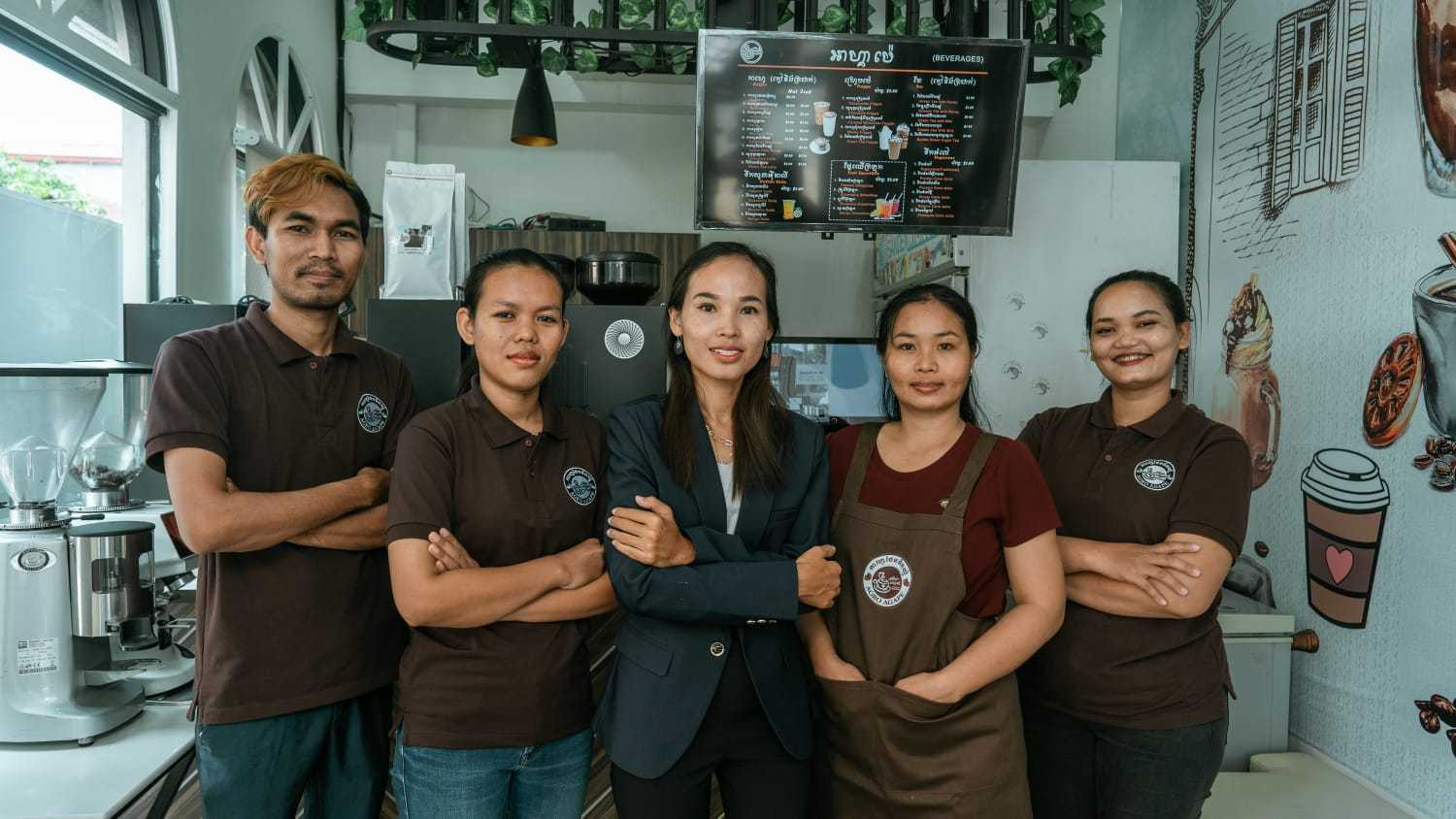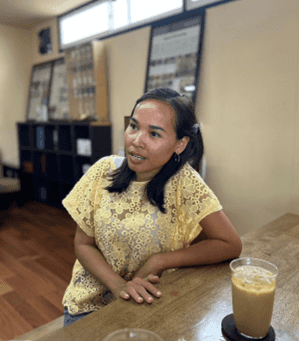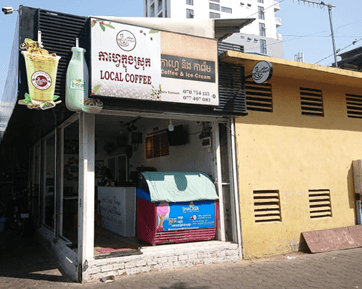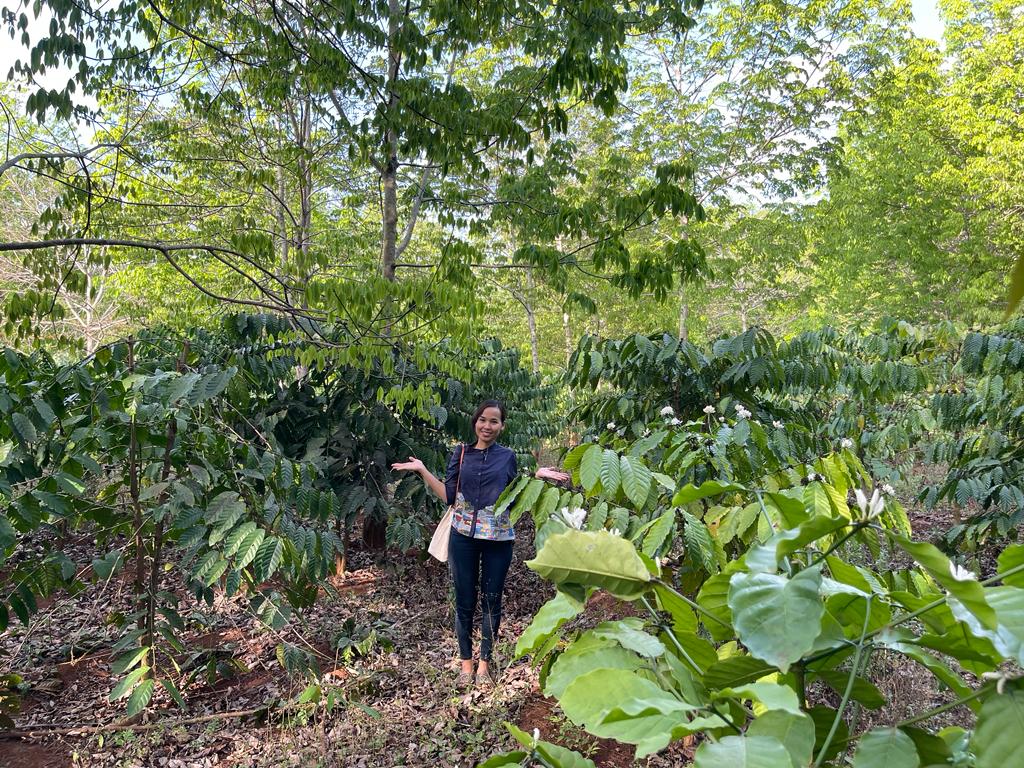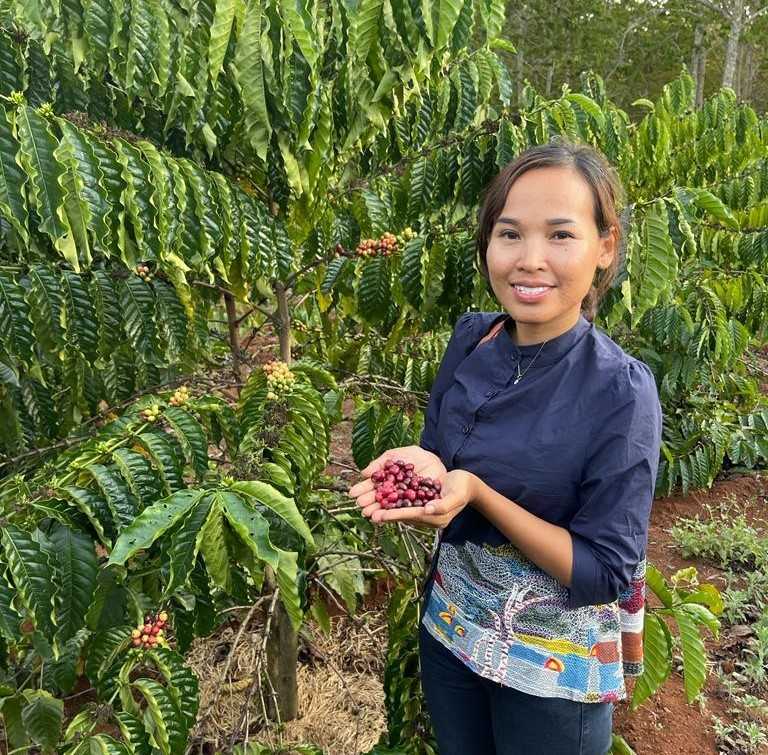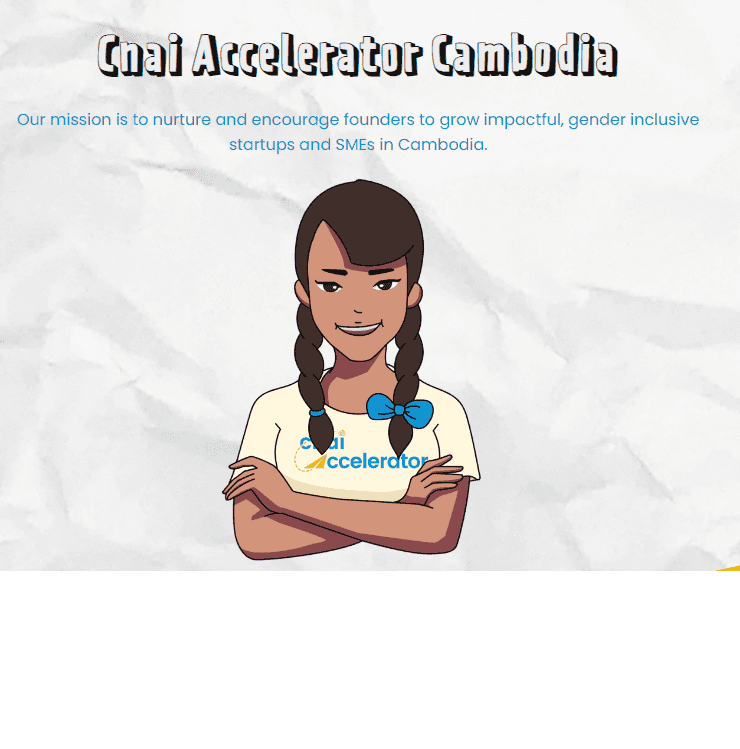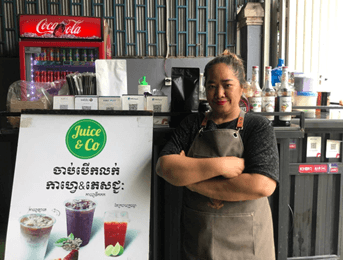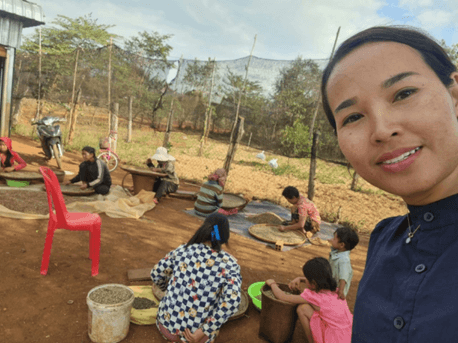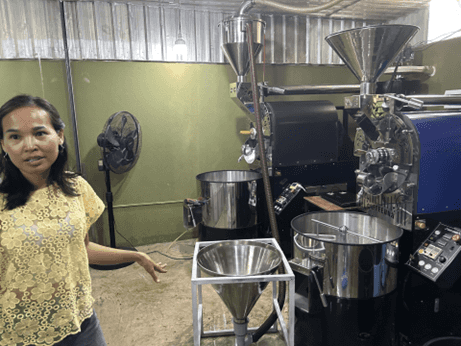The Sasakawa Peace Foundation (SPF) has been implementing the Cnai (innovation in Cambodian) Accelerator Program in Cambodia since 2022. Cnai is modeled after the SanThit (innovation in Burmese) Accelerator Program, which was jointly developed with Emerging Market Entrepreneurs (EME), a Myanmar-based venture capital (VC) firm in 2021. Cnai also adopts the curriculum of Village CAPITAL, a world-renowned VC investing in early-stage entrepreneurs. The first phase of the pilot program was implemented in collaboration with SPF's partners; Cambodia Investors Corporation (CIC), Asian Development Bank (ADB) Frontier, and EME. Cnai has a gender perspective and provides a level playing field for women entrepreneurs so that they can participate on an equal footing with male entrepreneurs[1]. This is an innovative initiative in Cambodia's entrepreneurship support ecosystem in that the investor serves as the implementing agency and has a gender perspective. Participating entrepreneurs are selected at each stage, receive funding, and expand their businesses with support and guidance. The four finalists in this year's program are all led by women entrepreneurs. We interviewed them about their stories, challenges, and passion for their businesses, and how they are contributing to the empowerment of women in Cambodia through their businesses.
[1] Although the Cnai Accelerator Program targets not only women but also male entrepreneurs, it has a gender perspective from the design stage of the program. For example, the image character of the accelerator's website is a female entrepreneur. In addition, Cnai's website has a gender-sensitive language and writing style. In addition, many entrepreneurship support programs hold pitch events in front of large groups of people, which can be a disadvantage for women who have limited opportunities for public speaking in society. This program places the greatest emphasis on the entrepreneur's attitude of participation and commitment to the program. Pitches are also made in front of a few judges rather than to a large audience, with 15 minutes for the presentation and 30 minutes for the Q&A session, replicating the situation that might occur when actually speaking to investors. In addition, participating entrepreneurs will be set a gender index, and how they can make a gender impact through the implementation of their projects will be considered during the judging process.
